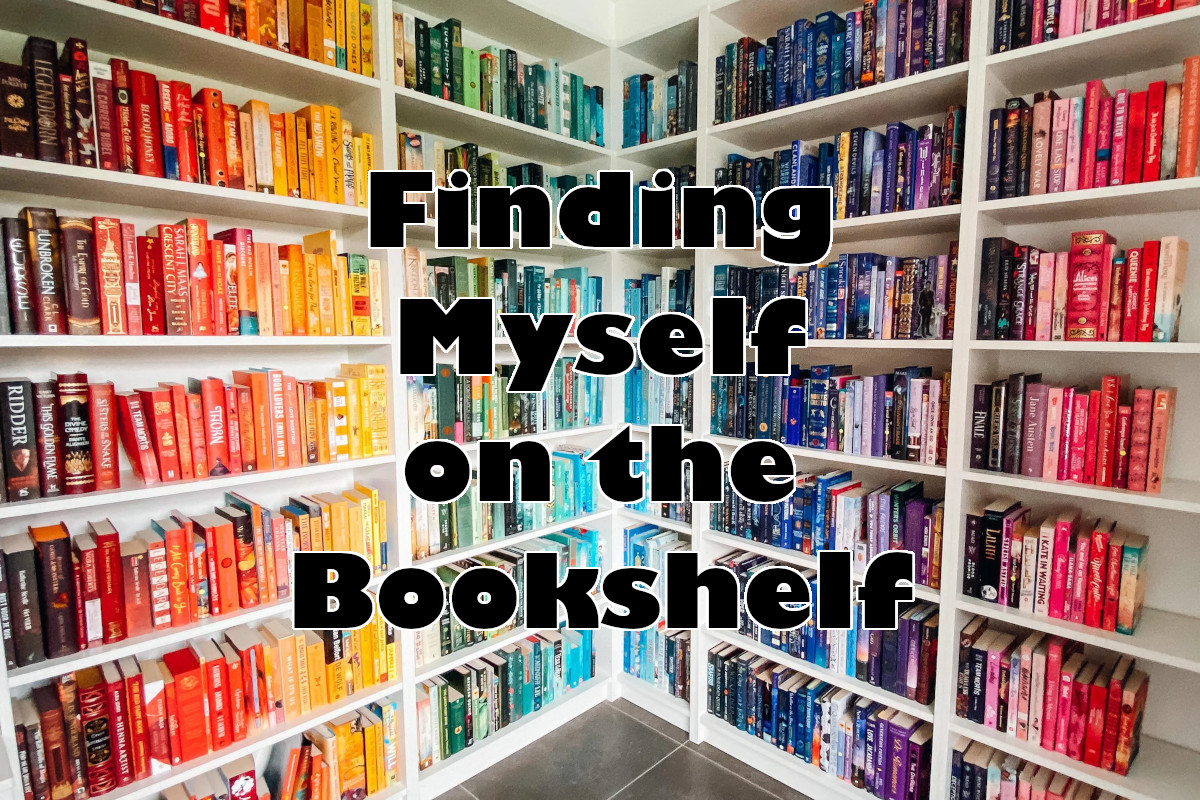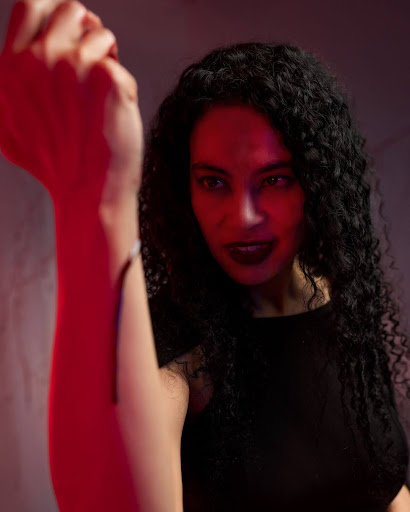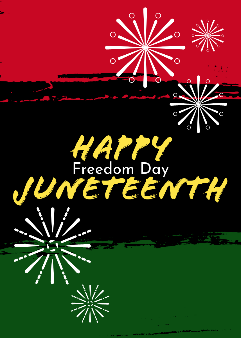
It’s a tale as old as time, but growing up and being in the closet, life wasn’t always the easiest. Hell, even after coming out things were still pretty tough. You’re constantly worried that people might know your secret, or spending all your energy trying to hide things. You just want to feel like you belong, but opening up about yourself even a little can feel incredibly dangerous.
I looked for representation everywhere, as I’m sure a lot of other queer people did (and probably still do) around that age. If a TV show or movie had a gay character, or even an entire storyline devoted to something gay, I was watching it. I’m especially looking at you, MTV’s Undressed.
The internet was still a young thing then, and having access to it at your own home was a rarity. And forget smartphones, the iPhone was only a twinkle in Steve Jobs’ eye. So aside from very rare sightings on the big and small screens, the only real place I had to turn to were books.
So I hit the library. It wasn’t necessarily that I knew there were a lot of queer themes to be found, but they were much more accessible. Of course I wasn’t ever gonna find much in a high school library beyond Greek and Roman myths – but that was still something.
I devoured everything I could find, and then reread them all over and over. I learned about Apollo and Hyacinth, Achilles and Patroclus, Zeus and Ganymede. Anything I could find, no matter how questionable it may have been, I loved. But it still wasn’t enough.
Thankfully there was the public library downtown, which was only a bus ride away. And they didn’t just have books there – they also had computers with internet access! For a couple of years, I spent basically every single day after school downtown for at least a few hours before catching another bus home.
The books I found there were much more substantial, though still darker than I had hoped. I became very well acquainted with the “bury your gays” trope. And if it wasn’t death, many times something else horrible would befall the main character or his lover. But still, it was something. I was getting to read real stories about queer people like me, even written by other queer people.
I really wish I could remember the titles of some of those books so I could share them with you now. Of particular note was a story about a long-lived vampire discovering his long-dead lover had been reincarnated in modern times. It was probably my first exposure to queer fiction.
One book series I do remember the name of and cared for a lot was recommended to me by another friend in high school. The Last Herald-Mage by Mercedes Lackey. This trilogy of books is centered around a young man named Vanyel who dreams of being a magically gifted bard. While living at the magic school known as Haven, he meets Tylendel, another protege mage. The two develop a bond that starts as friendship, before turning romantic.
Vanyel’s romance with Tylendel sets him on a long and treacherous path for the rest of his life, one fraught with danger and tragedy at every turn. Though I cannot say this trilogy of books escapes many of the painful tropes I have previously mentioned, it was still one of the most positive portrayals of queer characters and relationships than I had ever seen.
More than that, it wasn’t just a story about queer characters and their relationships, it was a full blown fantasy novel! There was deep worldbuilding, thoughtful storytelling, and multiple other books set in the same world. Its characters were well written with complex motivations and desires. It was everything I had ever wanted.
It was also the book that really made me think about becoming a writer myself. I started making up stories and characters, first in my head before one day finally writing them down. I knew queer people deserved to see themselves in stories the way that I did. Being able to find my voice in those books helped shape me into who I am today, and I only hope I can do the same with my own.
You can find work by Dominic N. Ashen here:



